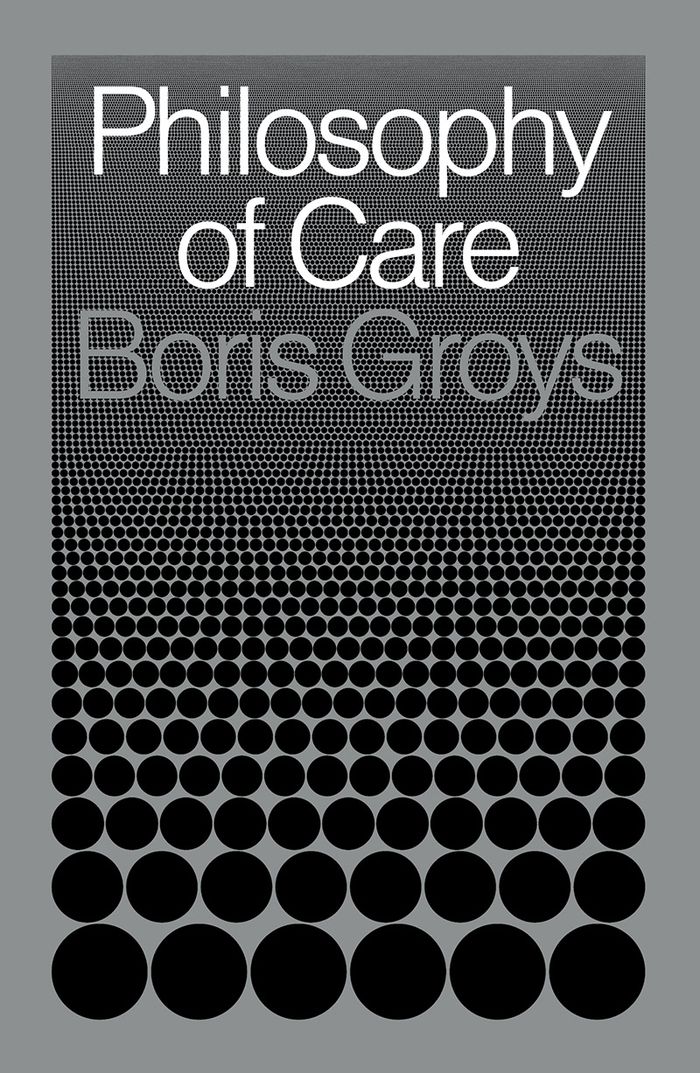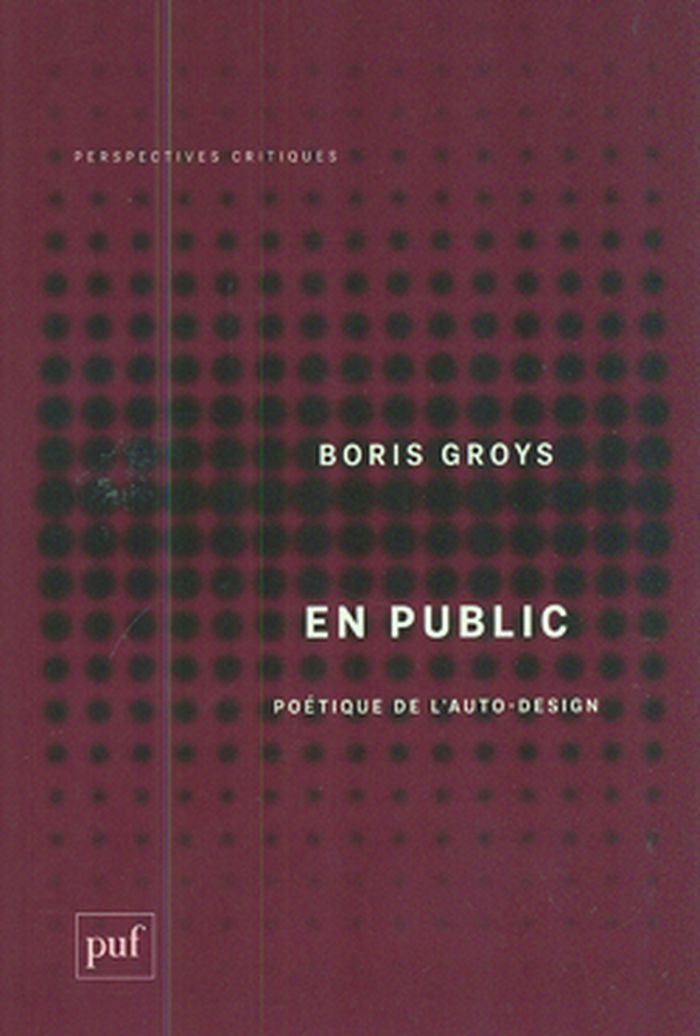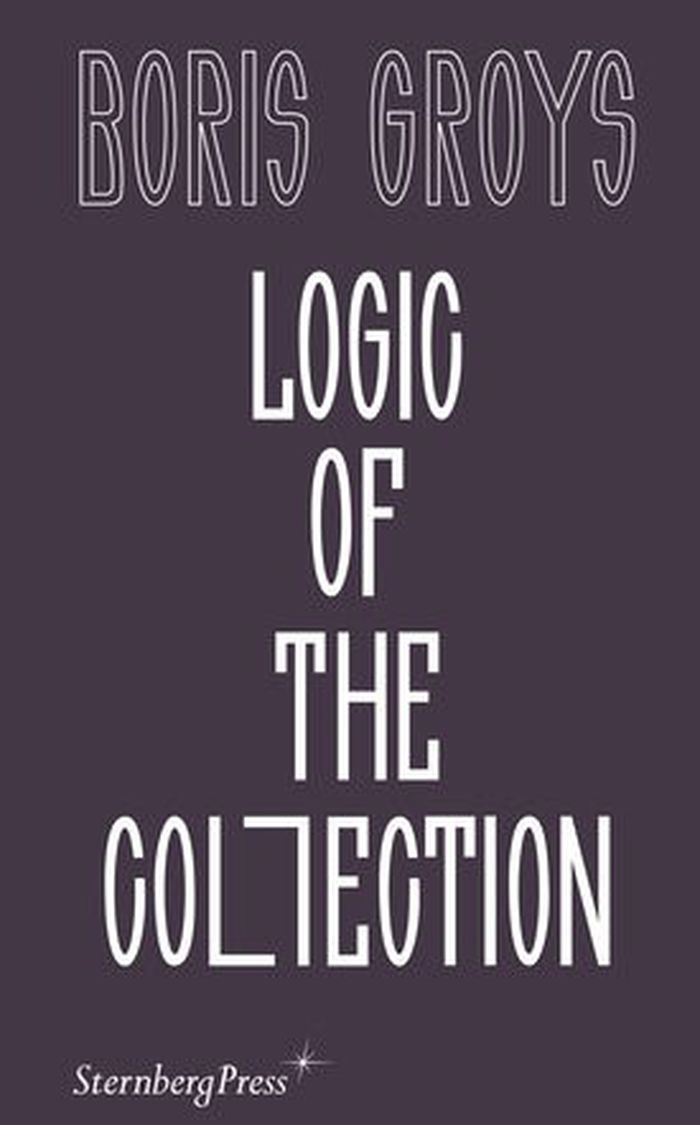Philosophy of care
$25.95
(available to order)
Summary:
The discussion of care has a long philosophical tradition. This book retraces some episodes in this tradition—beginning with Plato and ending with Alexander Bogdanov, having passed through Hegel, Heidegger, Bataille and many others. The central question is who the proper subject of care is? Should I care for myself or trust the others, the system, the institutions? Here,(...)
Philosophy of care
Actions:
Price:
$25.95
(available to order)
Summary:
The discussion of care has a long philosophical tradition. This book retraces some episodes in this tradition—beginning with Plato and ending with Alexander Bogdanov, having passed through Hegel, Heidegger, Bataille and many others. The central question is who the proper subject of care is? Should I care for myself or trust the others, the system, the institutions? Here, the concept of the self-care becomes a revolutionary principle that confronts the individual with the dominating mechanisms of control.
Critical Theory
$35.95
(available to order)
Summary:
Nous continuons à considérer l'art en tant que spectateurs, alors que nous en sommes désormais les acteurs. Tel est l'étonnant constat dressé par Boris Groys, l'enfant terrible de la théorie de l'art contemporaine. Mais que cela signifie-t-il ? Quelles sont les conséquences, non seulement esthétiques, mais aussi politiques, de la réalisation de la prophétie de Joseph(...)
En public: poétique de l'auto-design
Actions:
Price:
$35.95
(available to order)
Summary:
Nous continuons à considérer l'art en tant que spectateurs, alors que nous en sommes désormais les acteurs. Tel est l'étonnant constat dressé par Boris Groys, l'enfant terrible de la théorie de l'art contemporaine. Mais que cela signifie-t-il ? Quelles sont les conséquences, non seulement esthétiques, mais aussi politiques, de la réalisation de la prophétie de Joseph Beuys, voulant que chacun devra un jour devenir artiste ? Qu'est-ce qu'un monde dans lequel les créateurs d'images sont en nombre plus important que les spectateurs ?
Logic of the collection
$39.00
(available to order)
Summary:
In modernity, the museum was the institution that made art accessible to the broader public. An artwork was collected if it was considered beautiful, passionate, engaged, or critical—and primarily if it was deemed historically relevant. But today, with the total availability and saturation of images, the museum has lost its privileged status as the exclusive place for the(...)
Logic of the collection
Actions:
Price:
$39.00
(available to order)
Summary:
In modernity, the museum was the institution that made art accessible to the broader public. An artwork was collected if it was considered beautiful, passionate, engaged, or critical—and primarily if it was deemed historically relevant. But today, with the total availability and saturation of images, the museum has lost its privileged status as the exclusive place for the display of art. In our age of digital media, how does a particular artwork get selected for a museum collection? Which symbolic criteria must this artwork satisfy for it to obtain value? And in what ways does the institution of the museum remain relevant? 'Logic of the Collection' is framed by Boris Groys’s original and provocative proposition: an artwork is considered historically relevant if it fits the logic of the museum collection. In these critical essays, the philosopher and theorist of art and media analyzes the relationship between the logic of the collection and various modern ideologies. He reflects on the explosion of art production and distribution through the ascendency of digital media as well as the ways in which the accumulated artworks will be collected and preserved in the future, as the potential limits of public and private collections are reached.
Museology


